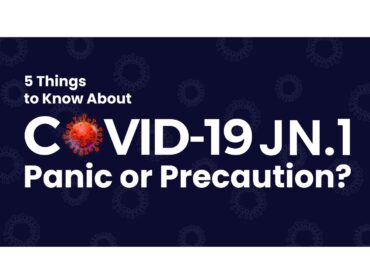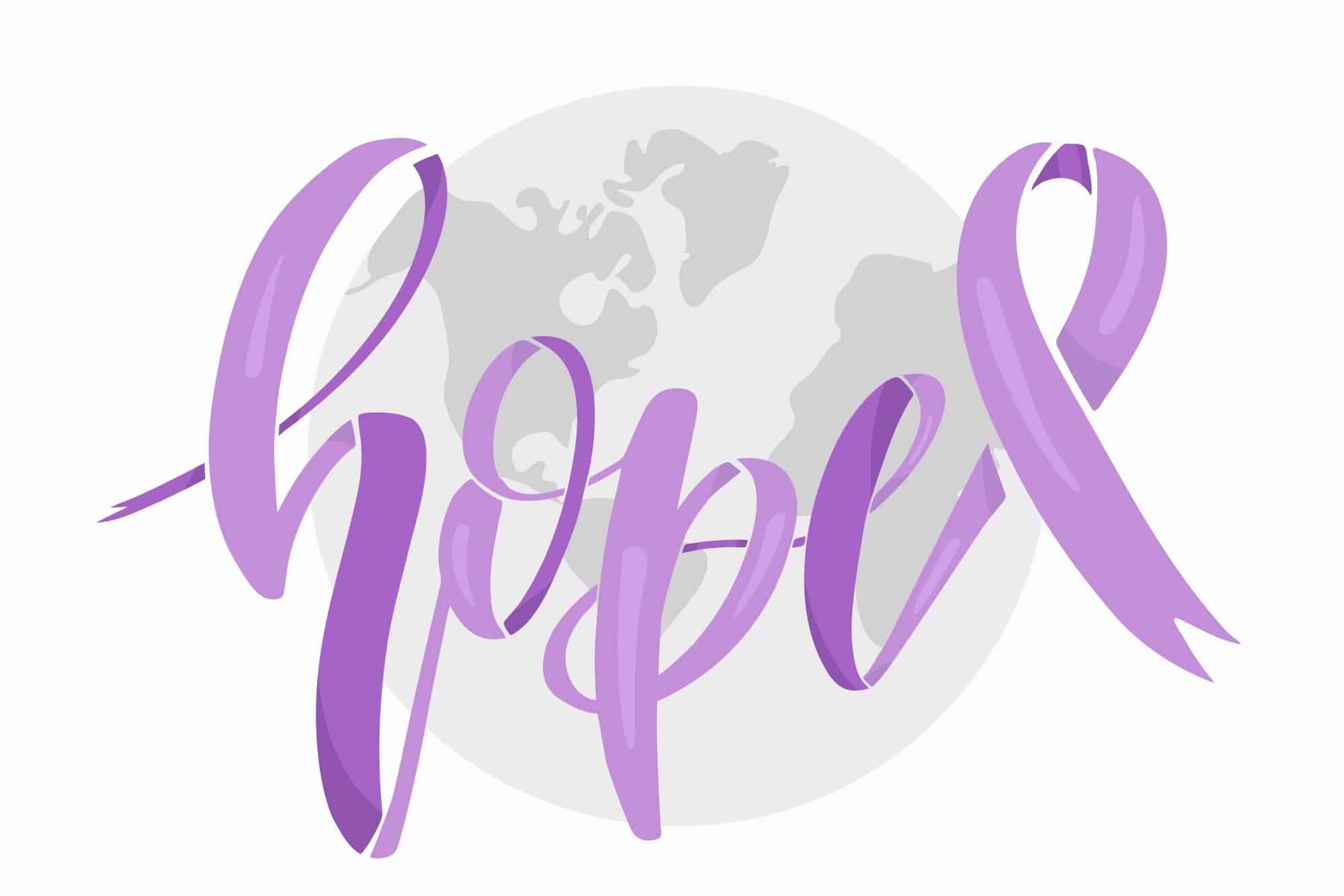It’s everywhere you look – news headlines, social media feeds, even casual conversations. “Covid-19 JN.1,” this mysterious new sub-variant of Omicron, has sent a ripple of concern. Should we prepare for doomsday, or is this just another blip on the long and winding road of the COVID-19 pandemic?
In this blog, let’s look at the facts surrounding Covid-19 JN.1 and equip you with the knowledge to navigate this latest chapter with a level head and a healthy dose of precaution.
Let’s explore five essential things you need to know about Covid-19 JN.1.
What is Covid-19 JN.1?
The Covid-19 JN.1 variant is a subvariant of the Omicron BA.2.75 lineage of the COVID-19 virus. It was first detected in India in 8 December 2023 and has since been found in several other countries, including the United States, the United Kingdom, and Singapore.
Now, remember how Omicron was known for its lightning-fast spread? Covid-19 JN.1 takes that to a whole new level, thanks to some clever mutations in its spike protein, the key that unlocks human cells. While this increased transmissibility is certainly concerning, there’s no evidence to suggest that Covid-19 JN.1 is inherently more severe than its predecessors.
Symptoms
If you’re familiar with the usual Covid-19 suspects – fever, cough, sore throat – then you’re already halfway there with Covid JN1 symptoms. Some reports mention gastrointestinal issues like nausea and diarrhea, but remember, those can also be symptoms of other common illnesses. The key takeaway? If you’re under the weather, get tested, but resist the urge to blame Covid-19 JN.1 automatically without solid evidence.
JN 1 Covid Variant in India
The JN.1 strain of coronavirus was recently detected in Kerala when a 79-year-old woman tested positive for it in an RT-PCR sample from Karakulam in the Thiruvananthapuram district on December 8.
The woman had mild symptoms of influenza-like illness (ILI) but has since recovered from COVID-19. The sub-variant of JN.1, first identified in Luxembourg, is a descendant of the Pirola variant (BA.2.86), which, in turn, is a descendant of the Omicron sub-variant.
The JN.1 strain contains a mutation in the spike protein, which may increase infectivity and immune evasion. The spike protein plays a crucial role in the virus’s ability to infect people and is also a target of vaccines. However, vaccines should still work against JN.1.
The Vaccination Question: Shield Up or Start Over?
Here’s a ray of sunshine amid the Covid-19 JN.1 storm: existing vaccines and boosters, particularly the bivalent ones, still offer significant protection against this new variant. While their effectiveness might be slightly decreased compared to Omicron, it’s crucial to remember that a weakened shield is still better than no shield. So, if you haven’t already, getting vaccinated and boosted remains the gold standard for defense against any Covid-19 variant, including Covid-19 JN.1
Should We Brace for Another Wave?
Covid-19 JN.1’s high transmissibility is undoubtedly concerning, and a rise in cases is possible. However, predicting the future of this variant is like trying to read tea leaves with a blindfold. Factors like vaccination rates, healthcare preparedness, and individual adherence to preventive measures will all play a crucial role in determining the severity of any potential surge. The bottom line? Stay informed, but avoid catastrophizing.
5 Things to Know About Covid-19 JN.1
The emergence of a new Covid-19 sub-variant, JN.1, has understandably raised concerns. While it’s always wise to be cautious, knowing the facts can help us navigate this situation with a measured approach, avoiding unnecessary panic. Here are five key things to know about JN.1:
1. Increased Transmissibility, Not Necessarily Severity:
Covid-19 JN.1 is more transmissible than previous variants, potentially due to mutations in its spike protein. This means it can spread more easily from person to person. However, there’s no evidence that JN.1 causes more severe illness than other variants.
2. Symptoms Remain Familiar:
Symptoms associated with Covid-19 JN.1 are similar to those of other COVID-19 strains, including fever, cough, runny nose, sore throat, and fatigue. In some cases, mild gastrointestinal issues might also occur.
3. Vaccination and Boosters Still Effective:
The good news is that existing COVID-19 vaccines, especially with booster shots, offer significant protection against Covid-19 JN.1, reducing the risk of severe illness, hospitalisation, and death. Staying up-to-date with your vaccinations remains crucial.
4. Precaution is Key, Panic is Not:
While Covid-19 JN.1’s increased transmissibility warrants caution, there’s no need to panic. We can effectively manage the situation by following established safety measures:
- Wearing masks in crowded indoor settings and on public transport.
- Maintaining social distancing whenever possible.
- Practising frequent handwashing and sanitization.
- Stay home if you experience any symptoms and get tested.
5. Stay Informed and Avoid Misinformation:
It’s essential to rely on credible sources for updates on JN.1, such as official health authorities and reputable news outlets. Be wary of Misinformation circulating online and avoid sharing unverified claims.
Remember, knowledge is power in the fight against Covid variant JN.1. Understanding JN.1 Covid 19 variant and taking appropriate precautions can protect ourselves and our communities while avoiding unnecessary anxiety.
Conclusion
By staying informed, acting responsibly, and focusing on personal well-being, we can navigate the Covid-19 JN.1 challenge with resilience and a healthy dose of precaution. Remember, we’ve faced challenges before and face them again. But together, with informed action and a collective sense of responsibility, we can weather this storm and emerge stronger.
Staying informed and responsible is crucial, but seeking timely medical attention is vital during the Covid-19 JN.1 challenge. For any urgent medical needs arising due to Covid-19 JN.1 symptoms, a dedicated Accident & Emergency Care team is available 24/7. If you’re experiencing respiratory difficulties related to JN.1, an expert Pulmonology team can provide comprehensive diagnosis and treatment. Internal Medicine and Infectious Diseases specialists at the facility are well-versed in managing Covid-19 JN.1 and can guide you through appropriate treatment plans.


















